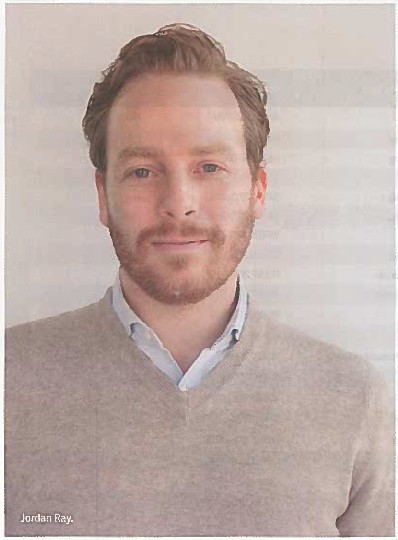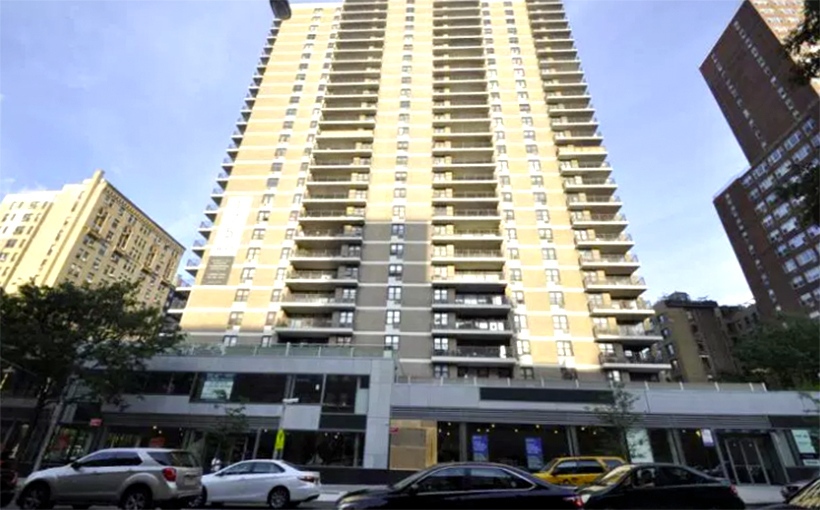By Anthony Grasso, Mission Global
For over 30 years two federal laws, the Truth in lending Act (TILA) and the Real Estate Settlement Procedures Act (RESPA) have required lenders to provide two separate disclosure forms to consumers applying for mortgage loans, at or before closing. These disclosures had overlapping information and inconsistent language that consumers found to be confusing. In 2015, the Consumer Financial Protection Bureau (CFPB) integrated the mortgage loan disclosures under TILA and RESPA, currently known as the TILA-RESPA Integrated Disclosure rule (TRID).
Since TRID’s inception, lenders have expressed difficulty selling TRID loans on the secondary market due to investor concerns over potential liability for minor errors. The CFPB stated that enforcement efforts in the beginning were focused more on lenders making good faith efforts to comply with the new rules; however, investors’ concerns on the other hand revolved around potential statutory and assignee liability. TRID loans have undergone strict reviews by regulators and due diligence providers with high error rates in the first year and a half since inception. Initially it was reported that over 90 percent of the loans reviewed contained TRID errors.
Industry participants have interpretative disagreements with various aspects of the law, and TRID loans are scrutinized more closely as they make their way through securitizations. Lack of regulatory cures and out-of-date statutory cures remain key issues. Regulatory cure provisions under Regulation Z only provide cures for non-numeric clerical errors and increases in closing costs. They lack the cure provisions for numerical clerical errors that cause liability concerns inhibiting secondary market investors from purchasing TRID loans initially deemed out of compliance.
The statutory cure provision resides in Section 130(b) of the Truth in Lending Act (TILA) that protects the lender, or assignee of the loan, from liability. The cure provisions in 130(b) are outdated, and focus primarily on refunding under-disclosed APRs and finance charges. However, 130(b) cure provisions are currently utilized on numerical errors that cannot be cured through the regulatory cure mechanism. Due Diligence firms have started using 130(b) cure provisions on numeric TRID violations that have “potential statutory liability” to cure incurable unsaleable loans. It is ultimately left up to the investors to either accept the Section 130(b) cures for numerical clerical errors on TRID loans, or have them remain incurable saleable loans. Industry participants and due diligence firms have started to adopt the 130(b) cure provisions in their loan reviews.
The CFPB recently issued TRID 2.0 final rules that have updated TRID regulations that become mandatory on October 1, 2018. The CFPB clarifications should put to rest many of the interpretative disagreements with the law to allow market participants and Due Diligence firms to be more aligned in their compliance reviews. Some of the significant changes with TRID 2.0 include clarification of no tolerance fees, construction loan disclosures, written provider lists, re-disclosures after rate lock, and cost reductions after initial LE. For the most part, overall reaction to these changes has been positive because the CFPB addressed many uncertainties in the original rule that pertained to assignee liability. However, others in the industry have been disappointed that additional cure provisions for violations were not included.
Mission Global delivers custom solutions to our clients for TRID reviews by leveraging our deep transactional experience, proprietary technology, subject matter expertise and best-in-class talent. Click here to learn more.
See current transactions now in our market place, MissionMarket or return Home.



